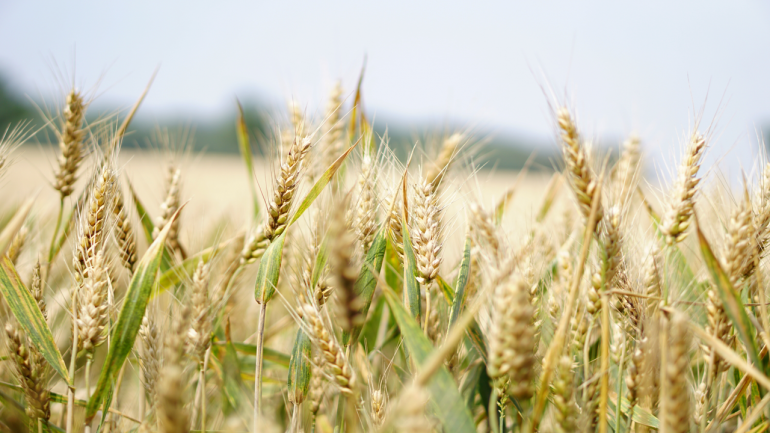
Agriculture in Karnataka declined by 0.3 percent as incomplete irrigation projects dragged productivity in the sector, as per a report submitted to the 15th Finance Commission by the state.
NK Singh, Chairman of the Commission, in a media address in Bengaluru said incomplete irrigation projects and lack of diversified crops were reasons for the ‘unacceptably low’ productivity.
Singh said that given the extent of the drought, national and state disaster management funds allocated to the state would need to be reconsidered.
The decline is significant as parts of Karnataka received rainfall equivalent to Cherrapunjee – India’s wettest region and the state still faced drought in eight of the past 10 years.
Only 33 percent of agricultural land in Karnataka is under irrigation. The Karnataka government is also unable to fund Rs 53,000 crore for the national piped water supply project in the state despite depleted water tables. The CM HD Kumaraswamy in the memorandum submitted to the commission has requested for the funding of Rs 1.4 lakh crore for the same.
“Thanks to this, agriculture in either stagnant or shirking. This has to be reversed. In the report, we did notice that the state has brought in innovation to improve agriculture productivity. But the effects are not visible,” Commission member Ramesh Chand added.
The primary focus for the state is to complete irrigation projects and improve productivity through structural changes such as promoting diversified crops that are not water intensive.
Income disparity in Karnataka was another major issue raised by the Commission.
The state accounted for about 8 percent of the total GDP and had the highest per capita income. This was on the back of strong entrepreneurial activity and the IT sector. However, this does not reflect on income distribution.
“At such a high per capita income, one would think that the poverty rate would be lower than 20 percent. But it stands at 21 percent,” Singh stated.
“There is a huge disparity. It seems like there are two Karnatakas – a prosperous one and a poverty-stricken one. This deserves attention,” he added.
The other concern raised by the state was lower indirect revenue after GST was implemented. Singh said, “other states have similar concerns and the commission has written to Finance Minister Nirmala Sitharaman to have the Commission and the GST Council consult and sort out the issues to improve the indirect tax revenue.”
[“source=moneycontrol”]
